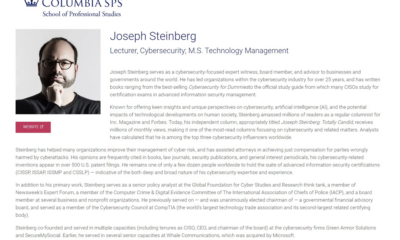Google Loses Landmark “Right to be Forgotten” Case
A European businessman has won a UK High Court action that demands that Google remove from its search results potentially damaging information about him.
The man, referred to publicly only as NT2 since disclosing his name would completely undermine the purpose of the court order, demanded that Google remove search results about a past crime that he had committed – conspiring to intercept communications – and for which he had served six months in jail over a decade ago. The lawsuit and judge’s order came after Google initially refused to remove search results pertaining to the man’s convictions (including results that linked to news articles), which the petitioner claimed were both harmful and no longer relevant, and, hence, subject to erasure due to the Right to be Forgotten.
The ruling judge, Justice Mark Warby, ruled in the petitioner’s favor on Friday, and ordered Google to remove the relevant search results. He did not, however, order Google to pay any financial damages to NT2. Interestingly, the same judge ruled against another businessman (known to the world only as NT1) who had served four years in prison for a more serious crime committed in the 1990s – conspiring to account falsely.
Justice Warby noted in his rulings that he had ruled in favor of the one man because the judge believed that the individual involved had “shown remorse,” but the judge did not accept the other petitioner’s claim, because the latter had continued to “mislead the public.” Weighing such factors in a Right to be Forgotten case in such a manner seems to be potentially precedent setting, and could have significant implications for other convicted criminals in Europe who seek to have stories about their misdeeds erased from search results.
The Right to be Forgotten is a concept that has been discussed for many years, and is now the law throughout the European Union (and in Argentina). At a high level, it refers to the right of people to either have certain adverse data about them blocked from being Internet accessible, or to have entries removed from search engine results on their names if the information in those entries is outdated or irrelevant. (In the EU the right resembles the latter of the aforementioned two options.)
To date, Americans do not enjoy a Right to be Forgotten – but they deserve and need that right, and, as I have written previously, Congress should enact laws that grant it.













 CyberSecurity for Dummies is now available at special discounted pricing on Amazon.
Give the gift of cybersecurity to a loved one.
CyberSecurity for Dummies is now available at special discounted pricing on Amazon.
Give the gift of cybersecurity to a loved one.